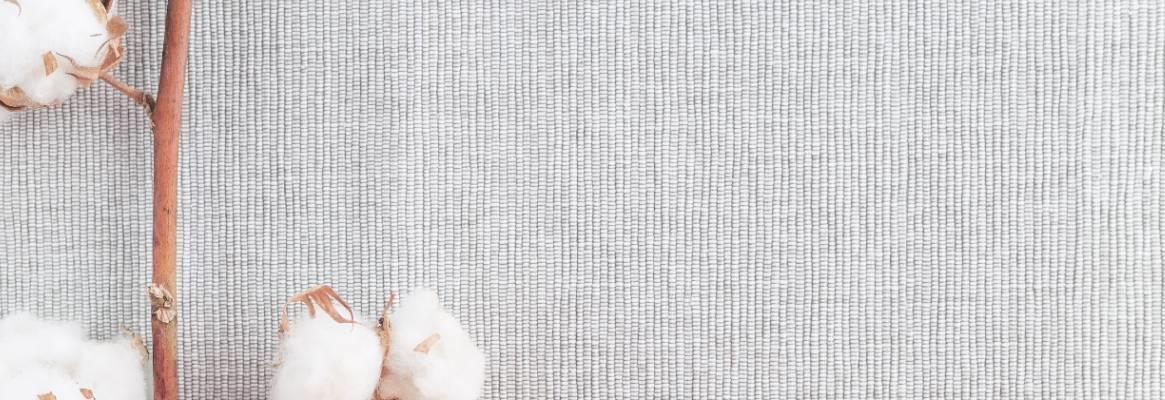Fast fashion has always harmed the environment with carbon emissions and end-use product pile ups in various nooks and corners. In current times, brands and consumers are increasingly becoming aware of the hazards of fast fashion and trying to look for more sustainable alternatives in clothing. Organic cotton is becoming a favourite eco-friendly clothing option.
Globally, fast fashion industries are always criticised for their use of synthetic fibres and other unsustainable materials in their production of clothing that meet the high demands of customers at a faster rate than what is needed.
Any product that is manufactured, used and disposed has certain impact on the environment. However, the use and disposal of synthetic fibres and other end-use products are posing a rising concern about the harmful impact they have on our environment through carbon emissions.
As a result, regulations have been imposed on the manufacturing as well as disposal of synthetic fibres across the economies. Stringent environmental regulations formulated by various governments have encouraged local and global garment manufacturers to adopt greener raw materials and environmentally friendly practices.
Brands have started to make conscious efforts toward sustainability by being more responsible in their production process increasing the demand for organic materials. Slowly and steadily, consumer preferences have started to shift toward bio-based alternatives as well such as organic cotton.
Almost 57 per cent of consumers are aware about the environmental damages that fast fashion is causing more than ever and are willing to relook at their shopping habits. They are scouting for healthier organic and sustainable alternatives across product categories. They are seeking products and brands that align with their own values. Thus, they want to know where their products are coming from--if they are ethical--they demand to have total transparency in the process. The interplay of demand and supply are making established brands re-look at their ethos and values.
A report from Textile Exchange reveals that 2019/20 was a record-setting year for organic cotton, with the largest volume of organic cotton fibre harvested globally to date, and the growth is set to skyrocket in 2020/21 by almost 48 per cent stemming predominantly from India and Turkey.
India has always been a large producer of cotton crops. As far as five to seven decades ago, most of the cotton cultivated in India was eco-friendly with little or no use of toxic chemicals in its production. Today, India continues to be the world's largest producer of organic cotton, grown by over 200 producer groups in eight states, but chiefly in states of Madhya Pradesh, Maharashtra, and Orissa. Cotton is the largest single organic crop covering almost 45 per cent of the total area under organic cultivation.
Undoubtedly, organic cotton is the most used eco-fibre across various end-use industries owing to its superior characteristics. It is the commonest sustainable raw material and is less allergic to skin making it apt for application in apparels and textiles. The demand for organic cotton from global apparel companies has prompted many farmers to switch to eco-farming to grow cotton in controlled settings using bio-fertilisers and pesticides manufactured from medicinal plants. A big effort in the organic movement is to use systems that replenish and maintain soil fertility and build biologically diverse agriculture.
Organic cotton uses far less water too. Growing conditions for the product are extensively monitored and audited by certified agencies across the world.
Other organic fibres that are being largely experimented with and sourced are linen, banana, eucalyptus, soya, basil (tulsi), etc due to their sustainable nature. It is a matter of time they will be recognised too in the global arena.
Our choice as a brand and a consumer determines what kind of impact it is going to have on the environment. If supply and demand was the start of fast fashion, can we reverse the existing trend and go back to slow fashion? Let’s think over.















Comments